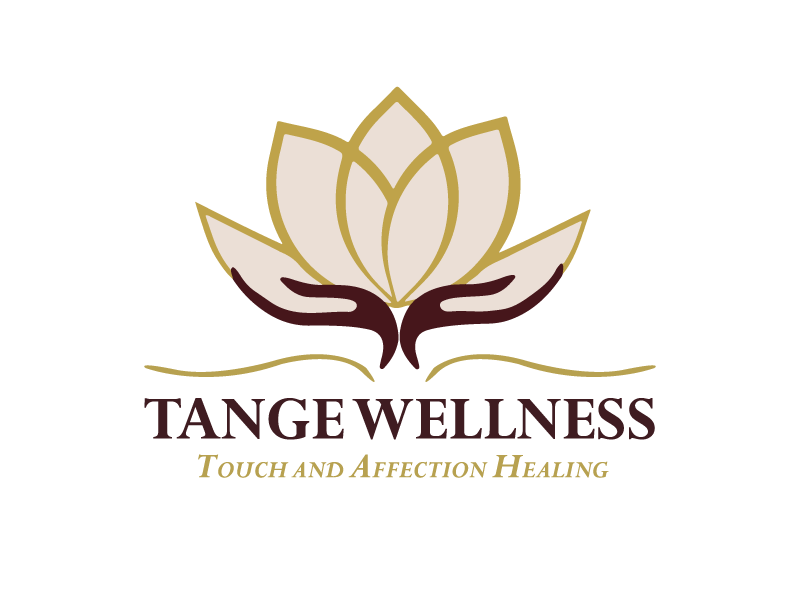When Trauma Shows Up in a Cuddle Therapy Session
As cuddle therapists, we're offering more than just physical touch, we're holding space for clients who are often navigating complex emotional histories. One of the most important things I've learned in nearly a decade of practice is this: trauma shows up and it doesn't always look how you'd expect.
What Trauma Can Look Like in Session
In my experience, trauma often shows up as fear of touch or an intense need to make oneself smaller. I've also seen clients become highly activated, palms sweating, heart racing, visibly shaking. Sometimes, clients cry before we've even made contact. Other times, they dissociate, become extremely still, or freeze.
One of my early sessions was with a former Marine and law enforcement officer. The moment we moved toward a hug, his entire system went into fight-or-flight. Sweaty palms, trembling, a sudden stop after a two-second hug: "I can't do this," he said. We paused everything. He sat down, and I dropped to the floor a few feet away to reduce any sense of threat. It's essential that clients feel they are in control.
Other clients fold into themselves. I've had someone simply sit a foot away from me, not even touching, and become visibly smaller, retreating inward to feel safe.
When trauma shows up, I remind clients: You are in the driver’s seat. Nothing happens without your enthusiastic yes. I might suggest breathwork, grounding through the five senses, humming, or even a short walk around the office. Every session is paced based on the client’s comfort level.
When I started this work, I associated trauma only with things like war, the kind of trauma my uncle Dennis carried from Vietnam. It wasn't until I trained in Mental Health First Aid, ASIST (suicide prevention), and MBSR (Mindfulness-Based Stress Reduction), and read The Body Keeps the Score that I began to understand trauma's many forms and how it lives in the body.
Now I know that even consensual, wanted touch can activate a stored trauma response. Sometimes, a client doesn’t even realize they’re uncomfortable until they freeze or become overwhelmed and I ask “What’s happening right now?”
What It Means to Be Trauma-Informed
Being trauma-informed means being able to recognize when someone is activated, understanding your role in supporting them, and never pushing for outcomes. I hold the session as a container, not to fix, but to witness, co-regulate, and create safety.
That safety starts before a session ever begins: from the visibility I maintain online to the free 15-minute consultation I offer. It continues through a detailed intake and consent form, and follows them out the door with a post-session check-in and feedback form.
Working with Therapists in the Triadic Model
Some clients come in never having worked with a therapist. Others are in therapy but haven’t touched certain topics until we hold space for them physically. When I feel a client could benefit from therapy, I gently recommend it and I have worked with therapists in a triadic model where appropriate. As practitioners, we must know our limits and refer out when needed.
A Message to New Cuddlers
Trauma can show up even when you least expect it. Clients don’t always know what will activate them, and neither will you. That’s why I encourage every new cuddler to invest in trauma education.
Recommended Trainings and Resources:
Mental Health First Aid
Applied Suicide Intervention Skills Training (ASIST)
Polyvagal Theory by Stephen Porges
Somatic Experiencing (SE)
The Body Keeps the Score by Bessel van der Kolk
Waking the Tiger by Peter Levine
The Myth of Normal by Gabor Maté
What My Bones Know by Stephanie Foo
If certification isn’t in the cards right now, start with books, videos, and community discussion. Learn about the nervous system, trauma responses, and how to co-regulate with care.
Closing Thoughts
Being a trauma-informed cuddle therapist isn’t about being perfect, it’s about being present. It’s about listening, slowing down, and allowing space for healing to happen. We don’t fix, we don’t rush. We witness, we co-regulate, we offer safe, consensual connection.
And if you're just starting your journey, or looking to deepen your skills, I hope this blog inspires you to learn more and become the safe space someone else never had.
Join us at the Pittsburgh Cuddle Gathering, where we’ll be diving deeper into these topics with amazing guest speakers including Shelley Pier, LCSW from New Path Therapy and Consulting, and Keeley Shoup from Cuddlist. This is your opportunity to connect, learn, and grow in community.




